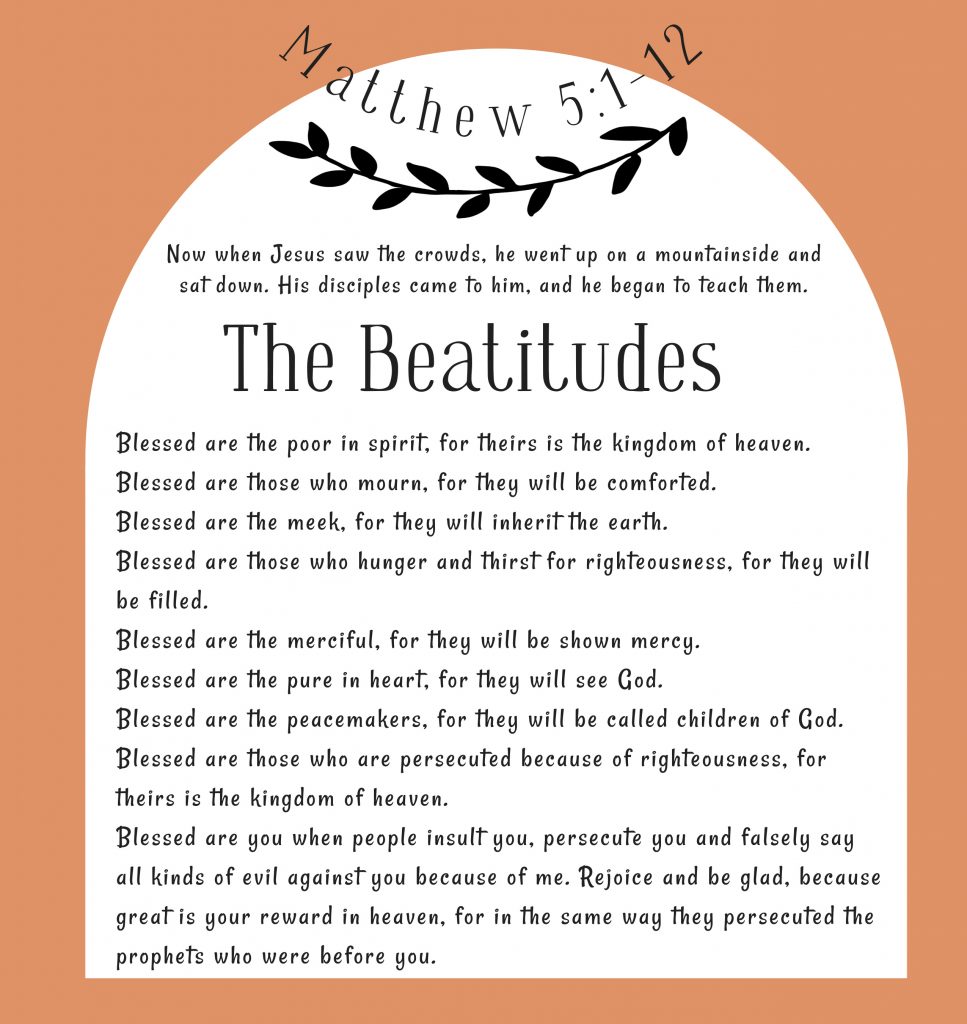Kali and Sully are terrified of our Roomba vacuum. For the sake of their sanity and our peace, we only run it when they are sleeping or out of the house, but they know it lives in my bedroom closet, and they are careful to keep their distance from its home base. On the rare occasion that Roomba accidentally comes to life in their presence, looks of sheer horror come across their faces as they run, petrified and shrieking, to another room. It would almost be funny if it wasn’t so heartbreaking.

Because their fear of the Roomba is so immense, all other potential frights pale in comparison. In fact, one of the primary ways the twins comfort each other when one of them is upset or scared about anything not-Roomba related is to soothingly reassure the upset twin with, “It’s okaaay! Roomba’s sleeping!” To them, if Roomba is not on the prowl, all is right in the world; there is nothing to fear. But if Roomba is around the corner—well, to them the world might as well be over.
As I watch the twins and their unjustified fear of a vacuum—a fear that trumps their concern over anything actually frightening—I am able to see what they can’t: that Roomba is not something to be afraid of; that even as they cower from the Roomba’s innocent routines, they are unaware of innumerable legitimate reasons for fear. Their sense of danger is completely upside-down, and they are oblivious.
I learn so much from my kids about how the Lord must view His children. Observing Kali and Sully’s backwards perceptions of what is and isn’t frightening, I’m left me to wonder if this is just how God feels as He watches us. Is He shaking his head at the things we prioritize? Is He bewildered by the inordinate value we place on certain people, experiences, or things? Is He chuckling (or maybe face-palming) as He witnesses our fear of things that aren’t truly frightening and our worry over what isn’t really consequential, while neglecting to recognize things of genuine importance? I get a sense that our perceptions and understandings are flip-flopped from how they actually are, and that we would have a very different take on the world if we were to see it from God’s omniscient perspective.
Throughout Scripture we get glimpses of how God’s Kingdom is unlike the kingdoms of this world, and how His set of priorities is upside-down from our own. This flipped-over nature of Jesus and His priorities permeates His most famous speech, The Sermon On the Mount. I’ve been pondering this speech a lot over the last couple of years. As new information has come to light about our world and especially the ways Christianity is and isn’t being manifested by professing Christ followers, I’m turning again and again to Scripture for answers. Controversy and strife within our culture and particularly the church has me earnestly seeking truth from the only legitimate source—Jesus Himself. And a lot of that truth is packed into this quintessential message.

The Sermon on the Mount, as recorded in Matthew chapters 5-7, begins with the entirely counterintuitive beatitudes. Here Jesus flips the script, blessing those whom society would deem least deserving of being placed on a pedestal. The sermon continues with one surprising and subversive statement after another, all weaving together to form an unexpected tapestry of God’s totally upside-down Kingdom.
This year, my Scripture memorization will be focused on Jesus’ words in this mind-bending sermon. As I commit Matthew 5-7 to memory (beginning this month with Matthew 5:1-12), my prayer is that the Lord will replace my earthly perspectives for Kingdom-minded ones. I want my script to be flipped so that His upside-down Kingdom is facing up. I want Jesus’ powerful blessings, admonitions, and reassurances to be prominent in my mind as I line up my priorities. I want His values to be my own.
I’ve claimed 2022 as my year of living wholeheartedly, and I believe this begins by having a heart wholly like that of the Savior. The Sermon on the Mount is a reflection of His heart, and I eagerly anticipate how He might work within MY heart as I study and memorize this sermon this year.